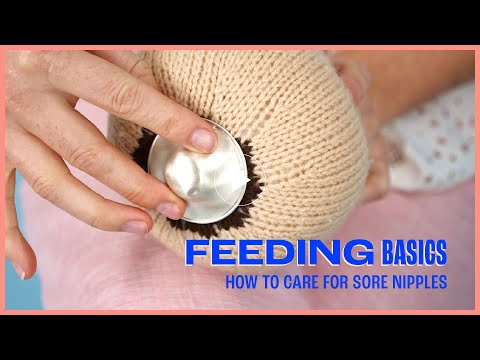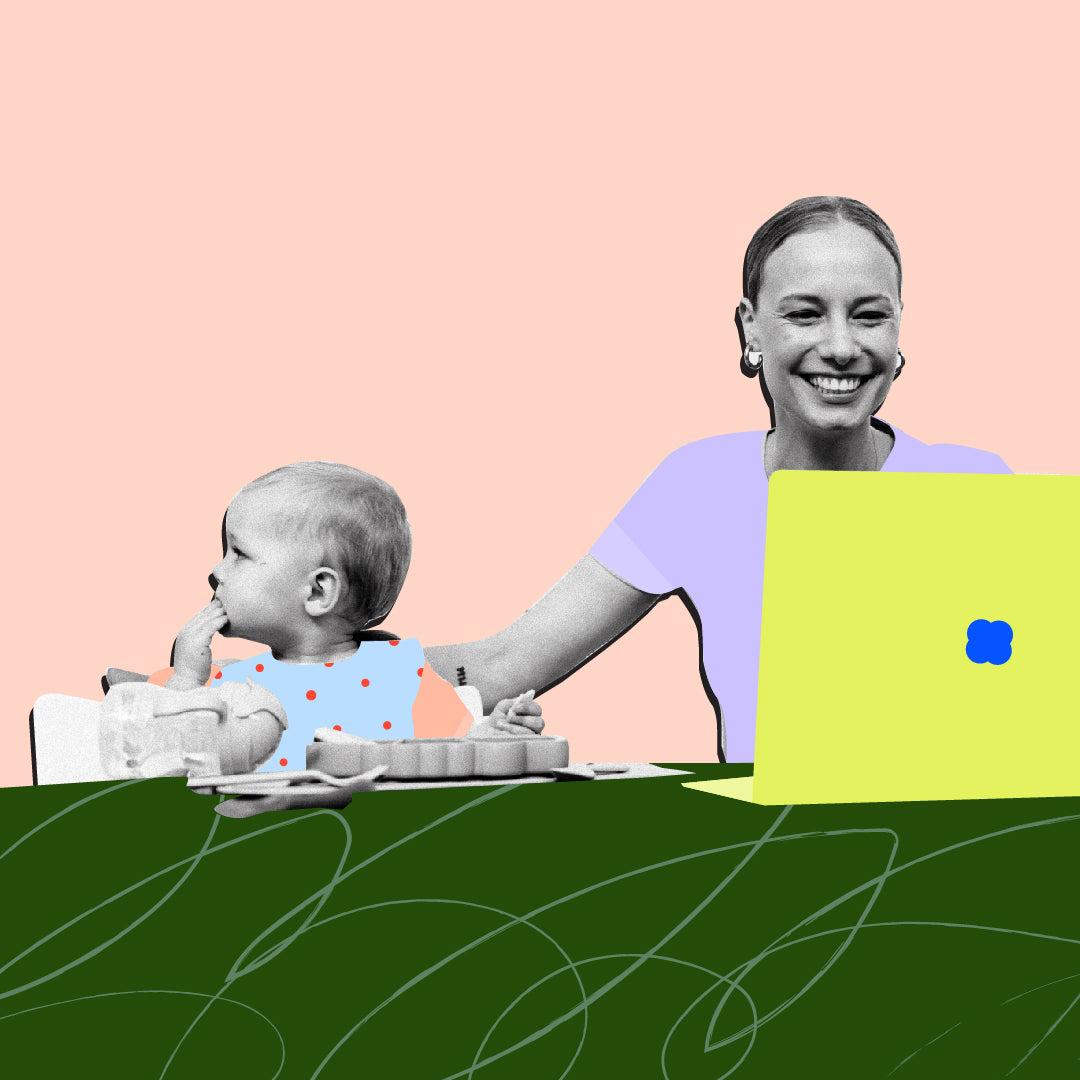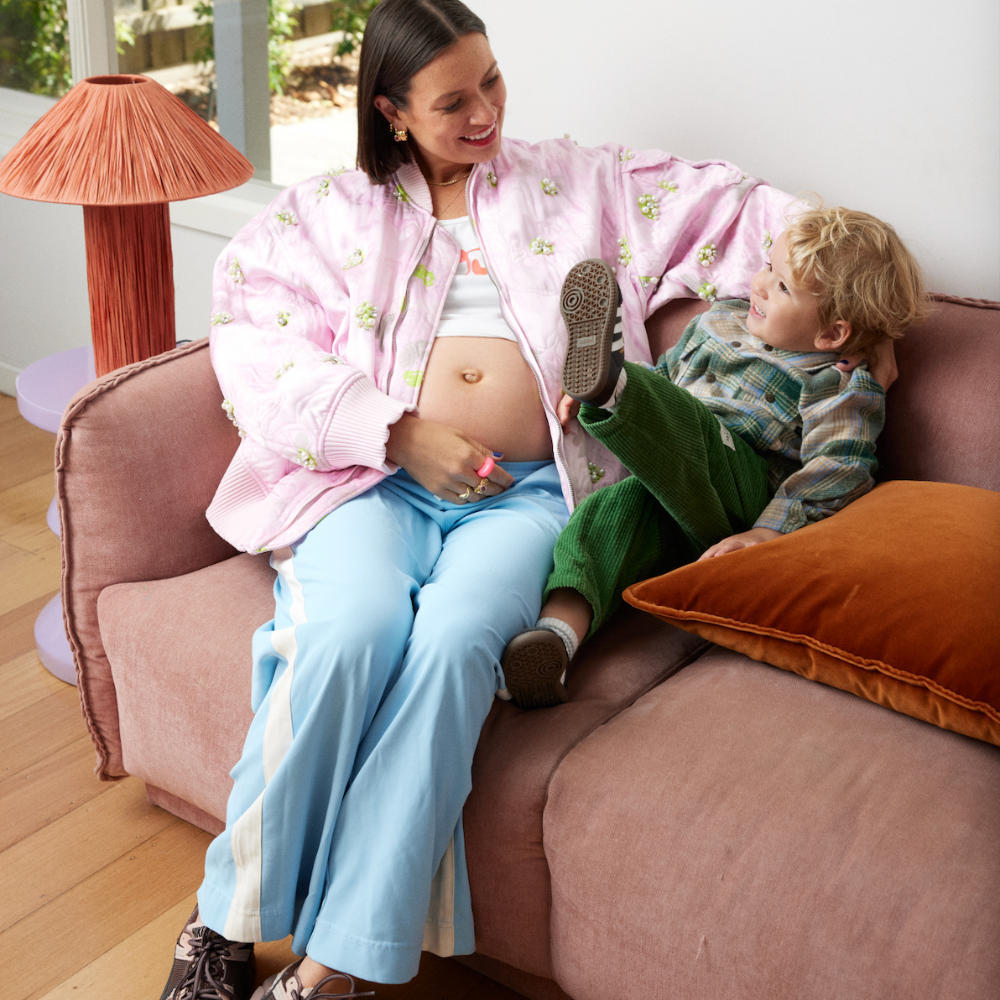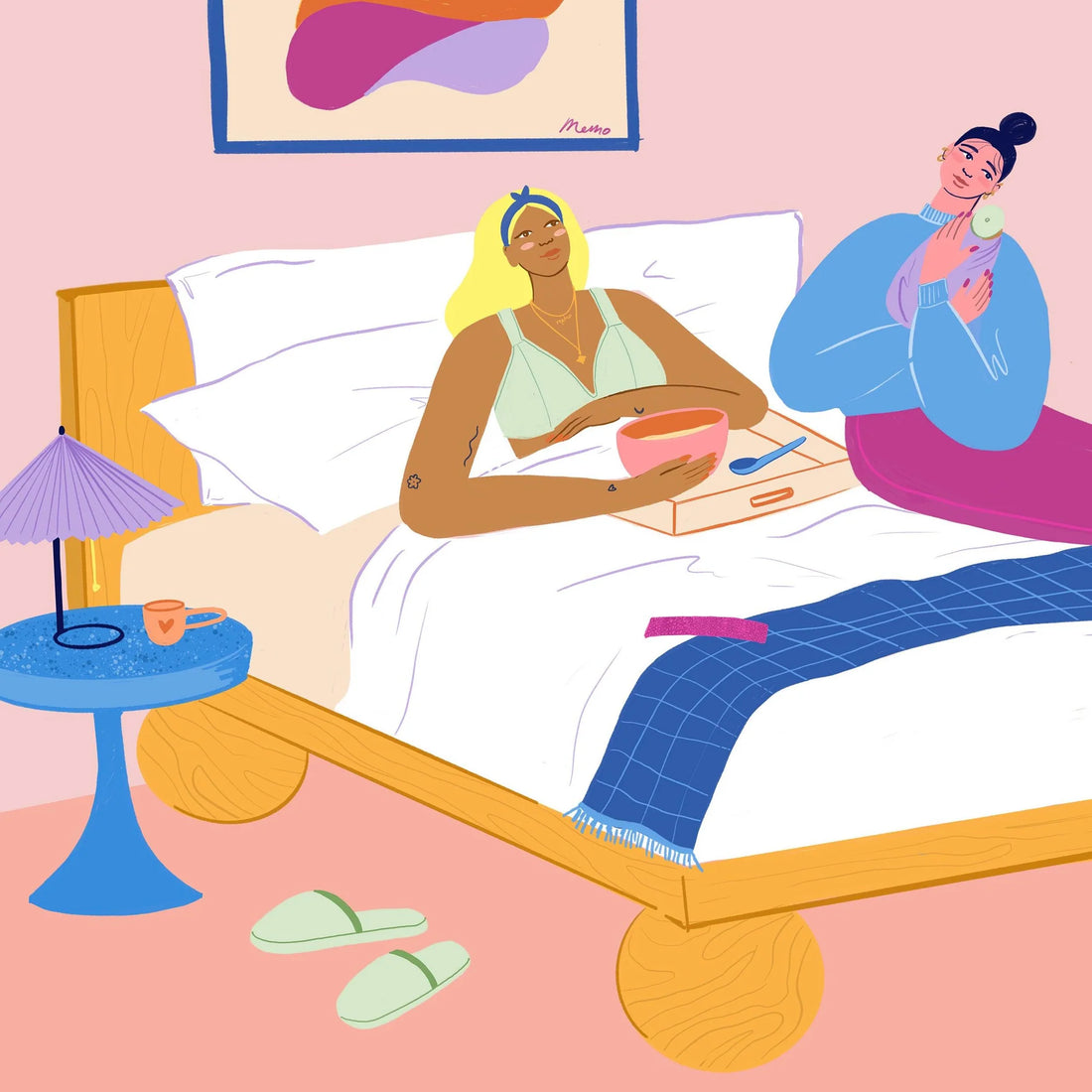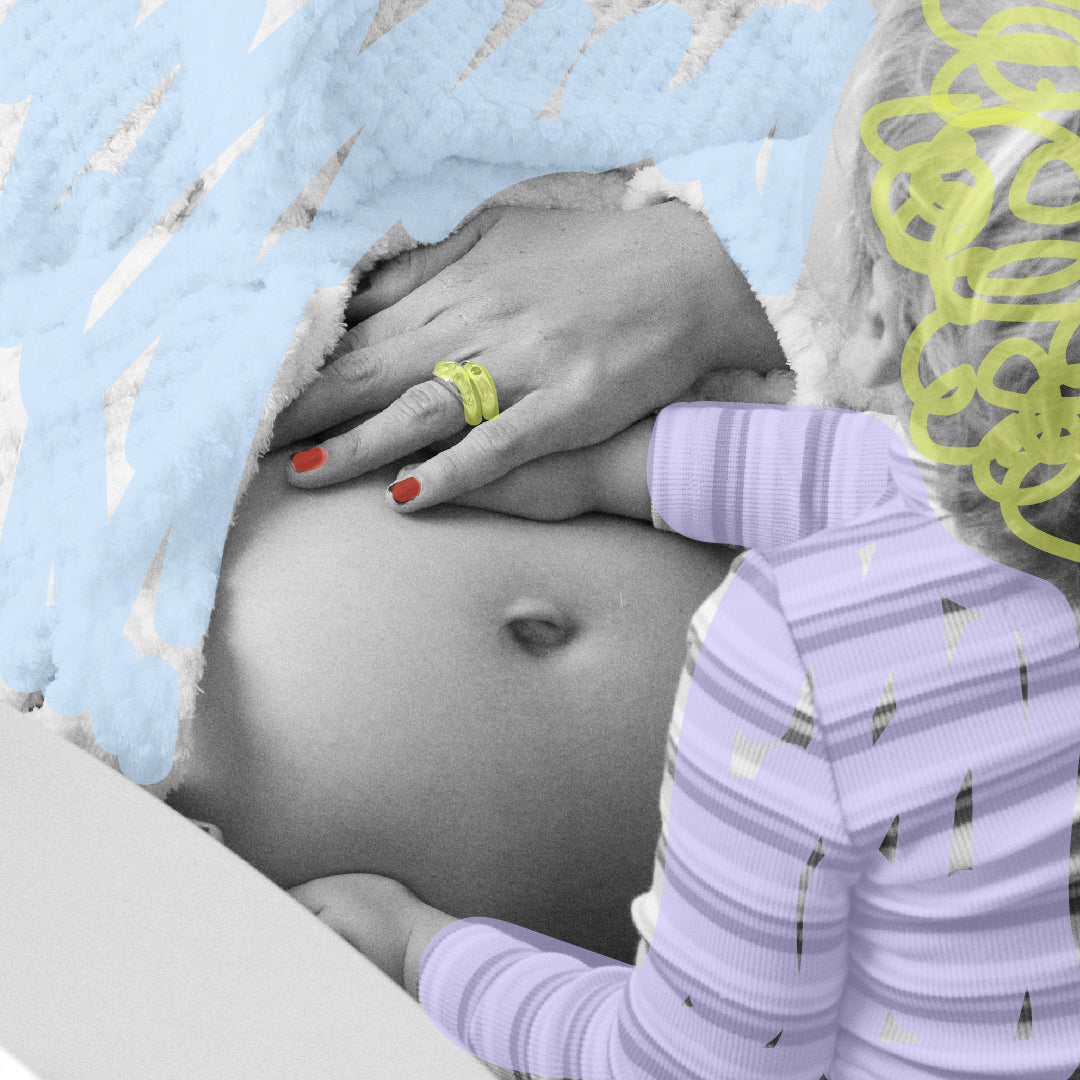

Jade R. Fox on the constant internal debate of sharenting online.
"Is it strange we have not announced this pregnancy on social?" My husband questions.
"Well, no, I don't think so," I respond.
"You have told everyone you have bumped into, including your old boss's wife, the guy who owns the supplement store and the little old lady you were chatting to in the park. Most people know, don't they?" A-ha. I have him here.
He nodded in agreeance before spitting out, "But we did it last time?"
He was right. I thought. So why did it feel so different now?
The last time I was pregnant was five years ago. It was an era of posed and premeditated pregnancy announcements, a contemporary custom in which influencers and ordinary people participated. Frankly, back then, we announced everything with little to no care about where our photos would end up. Granted, a lot of the time, most of these photos were nothing of significance — who else is still trying to blot out the açai bowls that stained our feeds? This was the era before we lifted the veil on social media and shared only our shiny, best selves. We pretended everything was as flawless as the ghastly Sierra filter we insisted on using on our images. That is precisely how I announced my pregnancy with our first son (Sierra filter and all). I remember wanting to make it perfect and how I was quite literally bursting at the seams to announce the impending member of our family. The image was of my husband with a big, goofy grin holding Sonny (our dog and firstborn RIP), and me also with a big, goofy grin, holding the sonogram image, jeans unbuttoned as though giving proof of the life in my womb. He was not even born yet and was already used as a prop.
Not only did I not even consider where my photo would end up five years ago, but I was also blissfully unaware (and probably much more self-centred!) of how my pregnancy announcement would incite any emotion other than happiness. Apart from the aesthetics of my first pregnancy announcement, I was not worried about any backlash or concerned with the feelings of others. I have interviewed and had DM conversations with many mothers. I have read too many stories of sorrow and hardship when it came to fertility, watched many live breakdowns on IG and spiralled down too many deep dark holes of TikTok to not now be hyperaware of the struggles. So to announce that we were pregnant so easily left me feeling a tad undeserving. Why were we blessed with good fertility and no history of miscarriages or trauma? I felt guilty that we were the minority who had the privilege of timing our children. (I am considered a geriatric, for crying out loud!) So, instead of posting a cute, pre-constructed image with a witty “here we go again” type caption, I sidelined my baby news and highlighted the agony of incurable pregnancy migraines. I downgraded my own excitement about a second child to be more in tune with the algorithm and palatable for others.

If it were up to my husband, he would have taken out an advertorial in the local newspaper and plastered our faces on bus stations with the words "Another boy!" Instead, he'd have to settle for sharing the news the old-fashioned way in real life as my mind is still muddled about whether or not I want to or it is ethical to share images of our sons online. However, despite all the information, my elation and pride for my 1.5 kids are still pressing against the logic. I feel almost compelled to share and as though I am being deceitful if I do not. I want to share because it feels natural for me to. I want to show that this is my life, and my children are a big part of it. Plus, there are rather obvious signs of pregnancy, and as this was my second time around, I have "popped" much quicker. It had become apparent that I was either pregnant or possibly indulged in too many croissants from Baker Bleu, which might also be a viable explanation. As my morning sickness subsided, the internal debate of what I felt should be kept private and what is for public consumption expanded. Intrusive thoughts of whether or not to announce my pregnancy were clouded by my own morals on the commodification of kids. After all, having another child would be good for business, and Nora Efron's famous words, "Everything is copy." suddenly come to mind. However, I doubt she meant this in a digital context where nothing is out of bounds. I wasn't sure why I was so reluctant. Perhaps I wanted to keep our little one safe from the digital world a little longer.
While facing this moral dilemma, I placed my Instagram on private. I began filtering through my followers, and I was mortified by the amount of faceless strangers. One follower, now removed and blocked, was an adult man dressed up in a Spiderman costume for nearly every single photo for reasons unknown to me. Still, it was enough to creep me out and lead me to continue to syphon, block and remove for over an hour and my uncomfortableness soon stomach-churning as I began to wonder who was looking at my son’s images. This sudden urge to hide was brought on by an NYT investigation revealing the (very) dark side of ‘girl’ influencers and the mothers who run their social media accounts. Last month, the Italian Government proposed a legislation whereby parents have to declare the use of their childrens’ images online formally. If any profit is made from the images, they must go directly to the child. They are also discussing the possibility of “digital obliteration” once the child is 14 years old. Last year, the French greenlit an anti-sharing bill whereby parents are urged to take responsibility for their children’s privacy online and awarded judges the power to ban influencers from posting images of their children. The Australian Esafety Commissioner states that by the time a child turns five, there could be a thousand images of them online.
I still have a public IG profile with a humble 5,000 followers and a Substack where I share personal essays about contemporary motherhood, which includes writing about my son. Some of you may call out my contradiction here as it still falls under the umbrella of sharenting, and I agree. But the risk of my children’s images being in the wrong hands, especially so easily, has been minimised if not removed. Like most societies, including the digital one, there will always be a dark side. But there is also much goodness to be gained. If I had not shared parts of my life online, I would not have reaped the benefits of community, especially when I needed one the most. I have formed lasting friendships with so many women and mothers. Where would we be without sharing, especially in times of lockdowns and physical isolation or the often inherent loneliness that comes with new motherhood? Where would I be without my online community of mothers? These friendships I formed over four years ago mean as much to me as my offline friendships. Some of whom I speak to daily, who check-in or I check-in with, who know me better, and have more in common with than any of my friends in real life. This is the light, the nuance, and the often overlooked side to sharing our lives online.
Most parents I know have private profiles, are at least wary of the dangers of sharing their kids online and understand that there is no silver bullet solution. One day, my sons will be old enough to have their own social media accounts and will have to navigate what it means to share images and parts of themselves online, but for now I am doing what I can to shield them as much as I can, while I can. That is, until we are as harsh to the social media platforms that do very little to protect our kids as we are on the parents who are seeking friendships and connection and who are proudly and innocently sharing their greatest achievements; their kids.
By Jade R. Fox @jaderachelefox deardilate.substack.com

























































